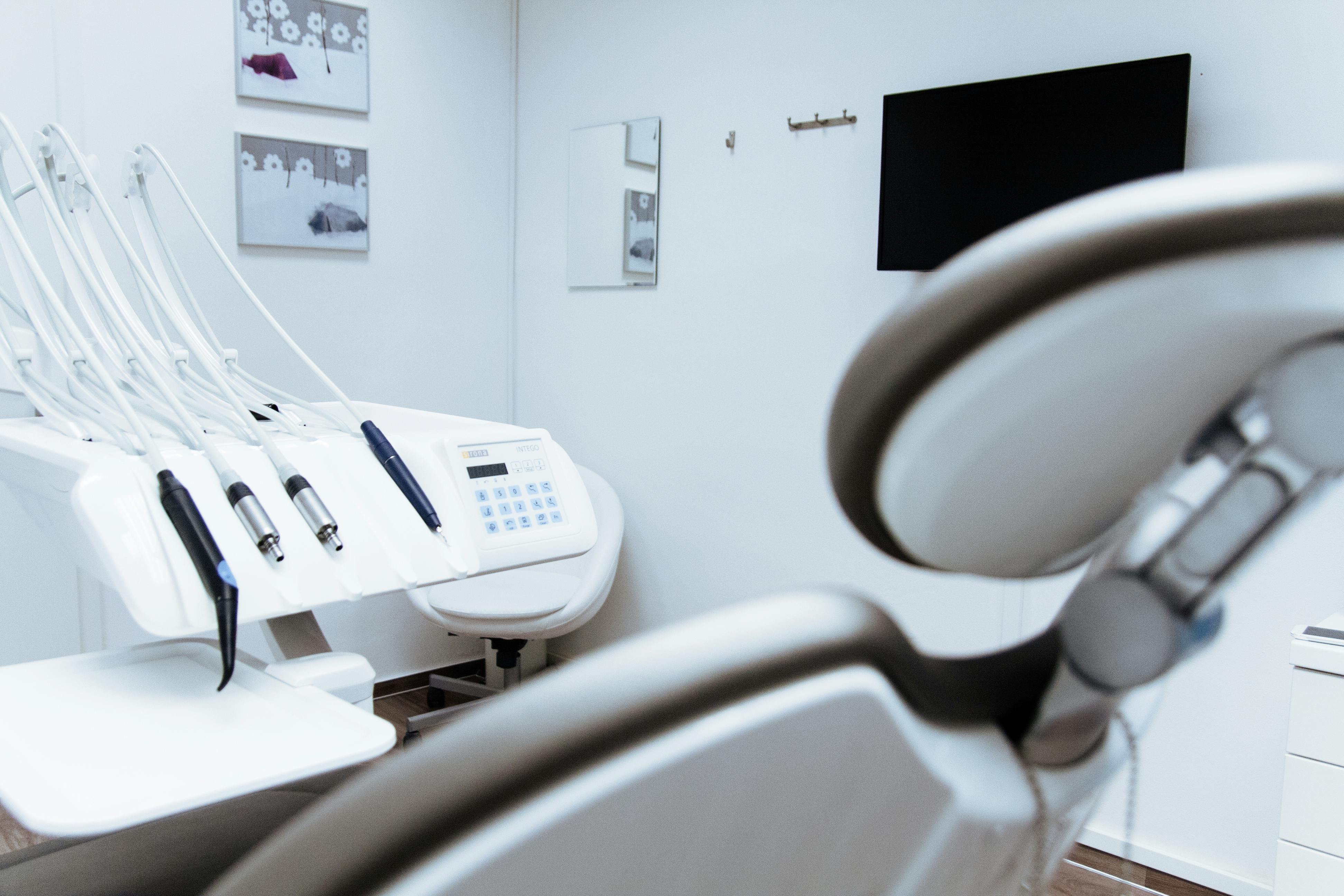
6 negative effects of eating fast food
1. Fast food has a very high energy density. About 65 percent higher than a typical diet and twice as high as recommended healthy diets, causing us to eat more than we would otherwise. Energy density refers to the amount of calories a food contains in relation to its weight. Foods with a high energy density confuse the brain’s appetite control systems, which are based solely on portion sizes.
2. British researchers from the Human Nutrition Center of the Medical Research Council and the London School of Hygiene and Tropical Medicine have determined that by repeatedly eating at McDonald’s, KFC or Burger King, people are more likely to gain weight and become obese . This is because fast food not only contains many more calories than traditional food, but is also more likely to undermine normal appetite control systems.
3. By eating a Big Mac and French fries, your body consumes almost twice the calories it would consume if you ate the same weight of pasta and salad. Fast food restaurants fuel the obesity epidemic by causing people to consume far more calories than they need through persistent advertising.
4. McDonald’s, KFC, and Burger King menu items using nutrition facts from fast food restaurant websites found that when we eat energy-dense foods, we don’t reduce portion sizes, so we get a lot more calories than we consume. need. Our current society has a weak innate ability to recognize foods with high energy density. Food intake is evaluated by serving size, however, a fast food contains many more calories than a similarly sized serving of a healthy meal. The bottom line is that we are all being tricked into eating too much food.
5. People get fat by eating regular portions, but because food is energy dense, people gain weight. In evolutionary terms, the human appetite was designed for low energy density foods. In other parts of the world where these foods are still staples, obesity is practically non-existent. Our bodies were never designed to cope with the energy-dense foods consumed in the West. That’s one of the main reasons fast food contributes to the huge increase in obesity.
6. Another fact is that fast food can increase people’s risk of clogged arteries that can lead to heart attacks. Researchers at the Veterans Administration Medical Center in San Francisco have shown that a certain type of fat, called oxidized fat, can accelerate the build-up of plaque in the arteries. And many types of fast food, like hamburgers, pizzas, and French fries, are loaded with oxidized fat. The bottom line is that fast foods are high in saturated fat and low-quality carbohydrates, white bread, and lots of soda. Our bodies require fiber and healthier types of fats. Fast food represents a dietary pattern opposite to that recommended for a healthy body.